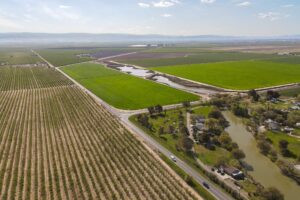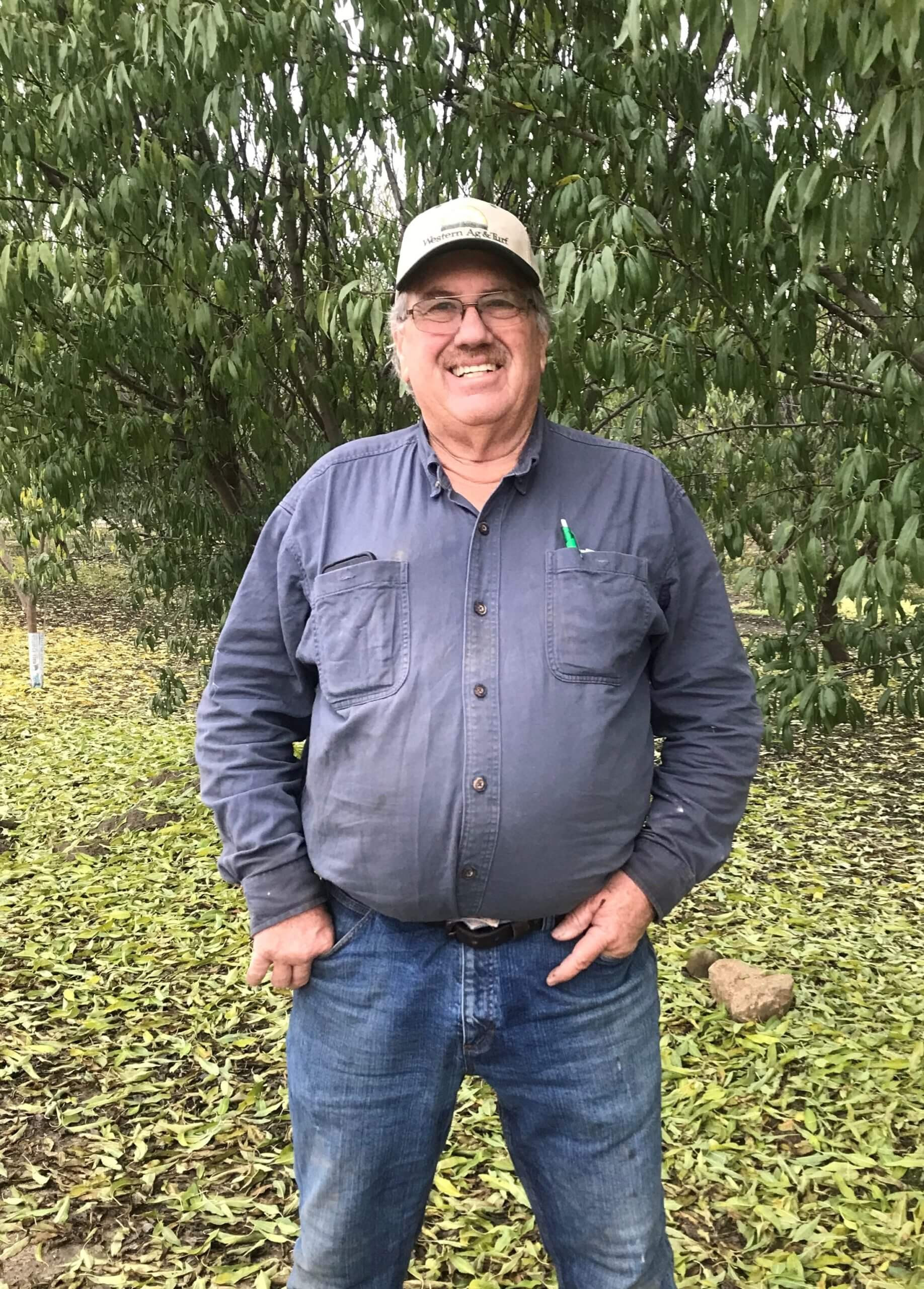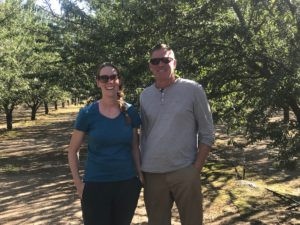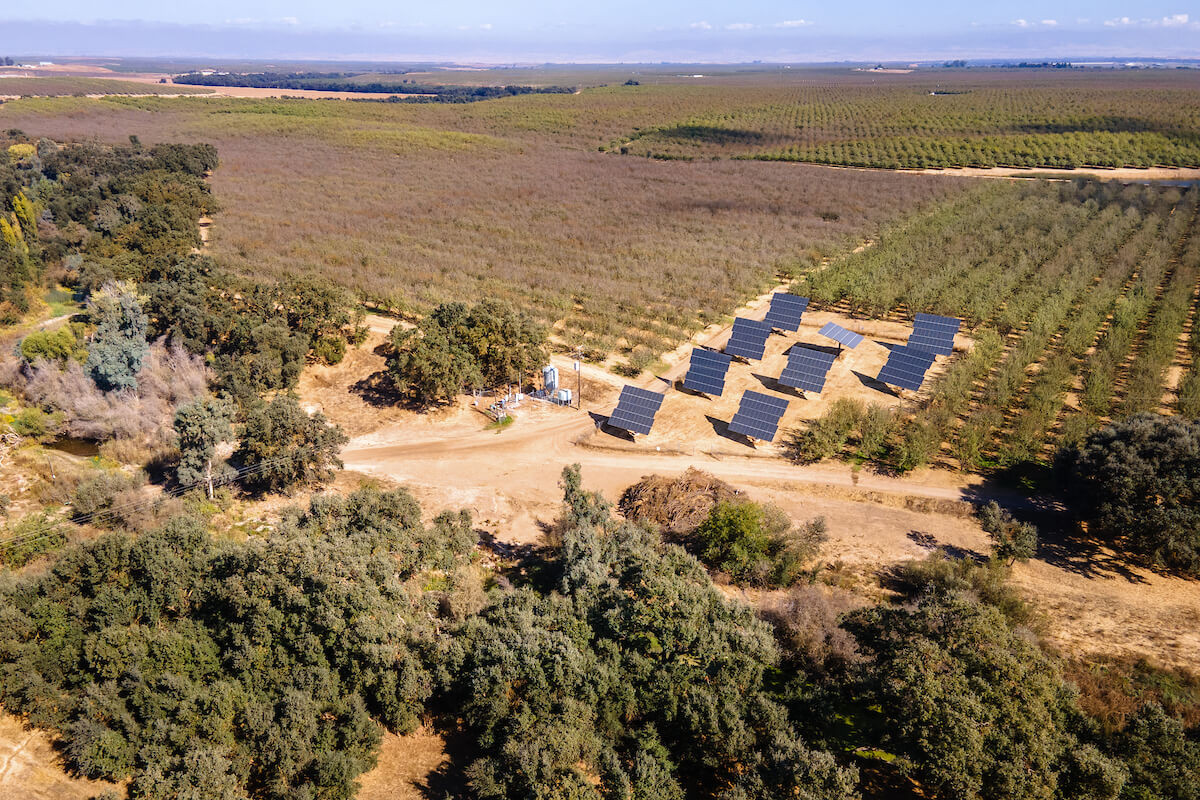Soil Health Bottom Line in California
California’s more than 75,000 farms and millions of consumers depend on our soil’s continued ability to grow food. Living, functioning soils offer big benefits to farmers – better weather resilience, increased water and nutrient storage, and greater profitability through lower input costs and higher yields. Healthy soils protect water quality, reduce runoff, and sequester carbon to mitigate the effects of climate change.
Many farmers hesitate to use soil health practices, however, without knowing the impacts. AFT’s Soil Health Bottom Line program aims to scale up regenerative farming practices across California by increasing understanding and appreciation for different practices.
We do this by demonstrating successful on-farm implementation and showing how these practices positively affect the environment and bottom line.
AFT California is performing on-farm trials, developing quantification tools, and publishing case studies. These activities are further backed up by in-field support services, including one-on-one technical and financial assistance.
Farmer Case Studies and Grower Profiles
AFT’s case studies and grower profiles demonstrate the benefits of using soil health practices with cost-benefit analysis tools. We train farmers and agricultural professionals to perform this analysis themselves, so they understand the impacts on their farm and make informed decisions on their growing practices.
Soil Health Case Studies
Case studies from AFT's Quantifying Economic and Environmental Outcomes of Soil Health Management Systems project. This on-the-ground project makes the case for the adoption of climate-smart agricultural practices among farmers in several agricultural regions by demonstrating the economic benefits realized from successful implementation of soil health management practices.



.png)





